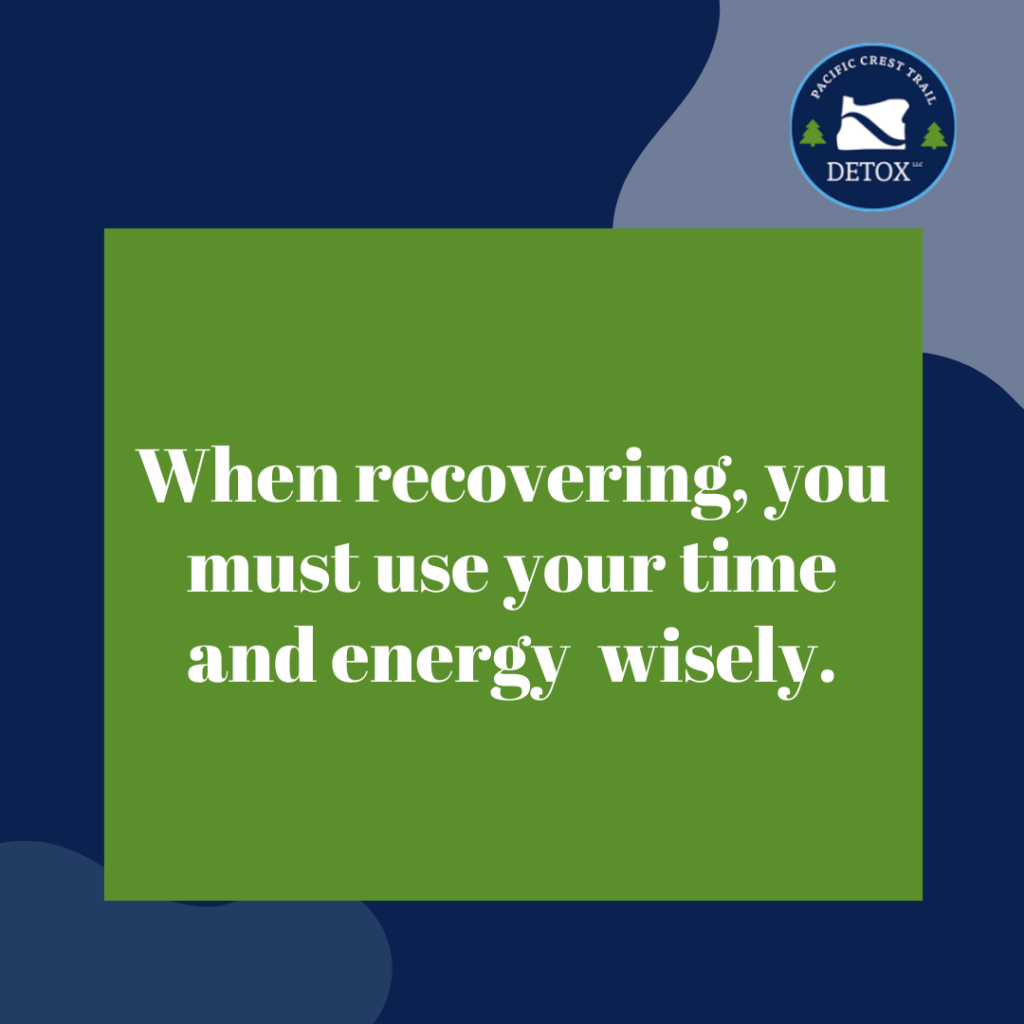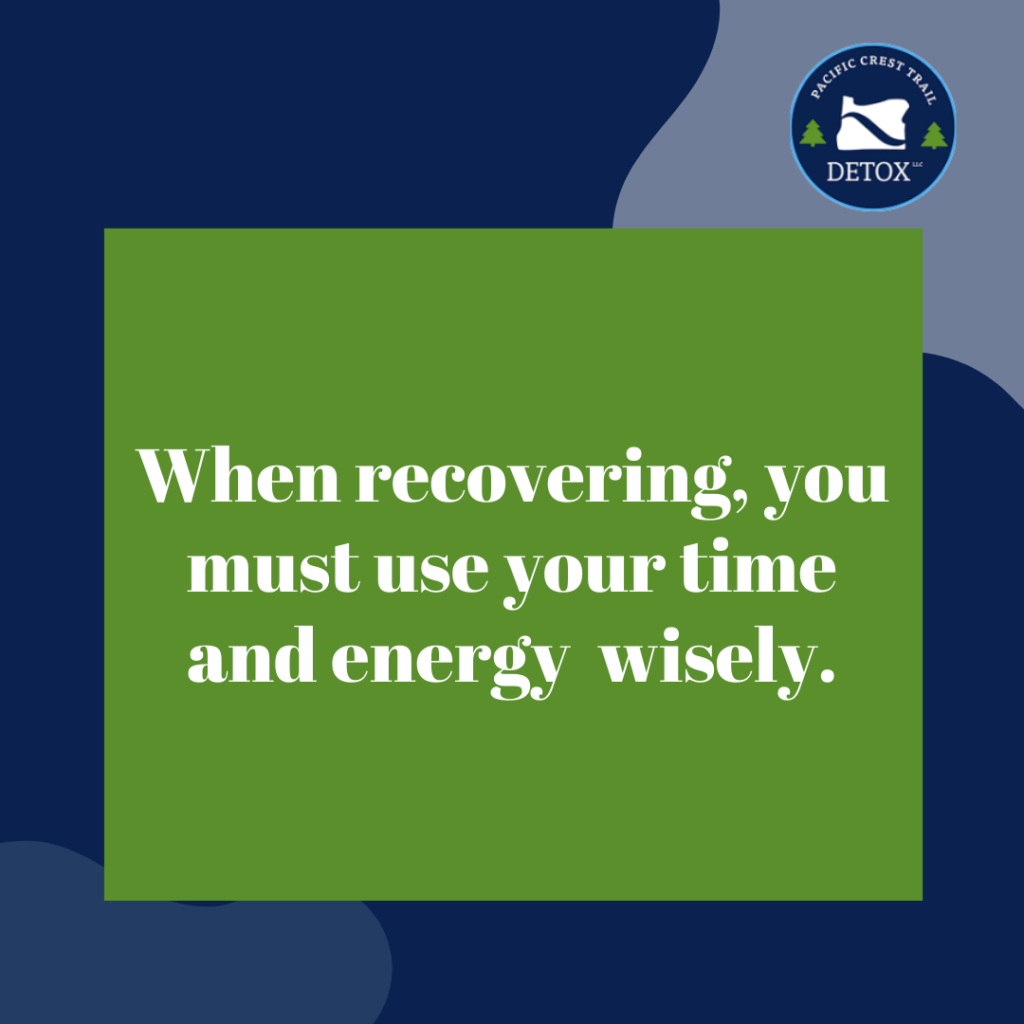Leading a sober lifestyle is the goal for anyone dealing with addiction. While detoxification is a key step, the post-detox phase is equally crucial, setting the stage for a successful sober lifestyle. It’s a critical phase when you can hone healthy habits and shape an addiction-free future.
Are you currently completing a medical detox Oregon offers? Or are you about to enter one? Then this blog is an essential read. We’re rounding up lifestyle adjustments and strategies you can adopt after detox.

Building a Supportive Network
Navigating the path to a sober life highlights the importance of having a strong support system. The journey of recovery from addiction is holistic, encompassing both physical and emotional healing. This process is far from linear, emphasizing the crucial role of a supportive network.
Family and peer support contribute to fostering a secure and non-judgmental environment. Simultaneously, trusted professionals offer expert guidance at every stage of the recovery journey. Beyond individual support, various support groups and communities provide valuable resources and moral encouragement for individuals grappling with addiction.
Navigating Triggers and Temptations
Maintaining sobriety is a daily pursuit. And it’s challenging because of the presence of triggers that can cause relapse.
Note that relapse is a process — not a singular event. It involves your emotional and mental resilience. Depression is one of the most common triggers for relapse. Others include stress, physical illness, social isolation, and times of celebration. Individuals or environments associated with your addiction are also triggers.
Apart from reaching out for support, here are strategies to identify and manage your cravings.
Assess your addiction patterns
First, you must know what drives you back into the cycle of addiction. So, take the time to reflect on past behaviors to identify patterns linked to your addiction. Identify people, situations, or smells that trigger substance use.
Avoid your triggers
After learning your triggers, you must steer clear of things that spark cravings. Get rid of your access to drugs and alcohol. When you can, avoid attending events or being in the company of people who heighten your risk of relapse.
Always plan ahead
Sometimes, you can’t avoid triggers altogether. Anticipate challenging, high-risk situations, preparing a game plan to prevent relapse. For example, if attending a party, bring non-alcoholic drinks and enlist a trusted friend to help.
Seek professional help
Healthcare experts are an important part of your recovery journey. Counselors and therapists offer tailored treatment plans and specialized guidance. They provide an integral layer of support. Additionally, they teach coping strategies to lead you to a healthier life.

Self-Care and Wellness
If you’re wondering how to live a sober life, acknowledge that it involves prioritizing physical and mental health. Channel energy into positive activities, exercise regularly, and maintain a balanced diet.
75% of studies found a link between regular exercise and lesser substance use. Experts recommend doing 150 minutes of moderate aerobic exercise every week. These exercises include brisk walking, dancing, and water aerobics, among others.
Proper nutrition also plays a vital role in sustaining a sober lifestyle. While it may sound cliché, incorporating a variety of fruits and vegetables is crucial as they are rich in essential nutrients. For example, eating leafy greens can help reduce cravings because they contain the amino acid L-glutamine.
You must also ensure regular meals but always remember that moderation is key. Limiting caffeine and sugar intake while striving for a well-balanced diet is essential. Adequate hydration also plays a role in eliminating toxins from previously consumed substances.
In conjunction with all this, you must practice mindfulness and proper stress management. Keep a journal and engage in meditative exercises. Doing these activities can strengthen your mind and your resolve to overcome addiction.
Goal Setting and Time Management
Maintaining sober living is an intricate process. It demands goal setting. This creates a more structured approach to recovery. It’s best to seek guidance from a professional to help you establish clear and realistic goals.
By having achievable objectives, you can have a roadmap for progress. It also helps you acknowledge that overcoming addiction is not an overnight thing. It takes incremental steps to achieve sobriety.
Intertwined with proper goal setting is time management. When recovering, you must use your time and energy wisely. This lessens that overwhelming feeling that people recovering from addiction usually battle.

Building Resilience and Coping Skills
Your mindset can spell a world of difference in your recovery and post-detox process. To embrace sobriety strategies, build both physical and mental resilience. Engage in positive internal dialogues to reinforce your commitment to leading a sober life.
Additionally, keep in mind that to battle a challenging foe, it must start with yourself. Engaging in positive internal dialogues reinforces your commitment to leading a sober life.
Staying Engaged in Recovery
As mentioned above, social isolation is a common trigger for relapse. Thus, sustaining active engagement in your recovery journey is paramount. Be in the company of the right people and maintain open communication with them. Your support system is a protective barrier against potential setbacks in your journey.
Healthy Relationships and Communication
Your support system is an important cornerstone of your recovery process. It’s especially critical during post-detox where challenges can derail your progress. Trusted loved ones and professionals can help you sustain a sober lifestyle. Apart from the practical help they offer, they are there to give you the emotional support you need.
Follow these tips to preserve relationships:
- Build open communication
- Set clear boundaries
- Maintain regular check-ins
- Express your needs
- Celebrate milestones together

Finding Purpose and Meaning
Overcoming addiction is much like a journey of self-discovery. It’s a time to explore your passions, interests, and healthy ways to cope with the hustle and bustle of life. To help you maintain your sobriety, it’s essential to set goals for your personal growth. In the process, you gain a profound sense of fulfillment, bolstering your self-esteem.
A newfound purpose is a guiding light that leads you to a substance-free life.
Conclusion
The post-detox process is crucial for sustaining a sober lifestyle. Build a strong support system, manage triggers, promote self-care, and find purpose. Professional guidance is also essential for this journey.
Embrace the crest of change with a renewed commitment to your well-being. Reach out to Pacific Crest Trail Detox today.
